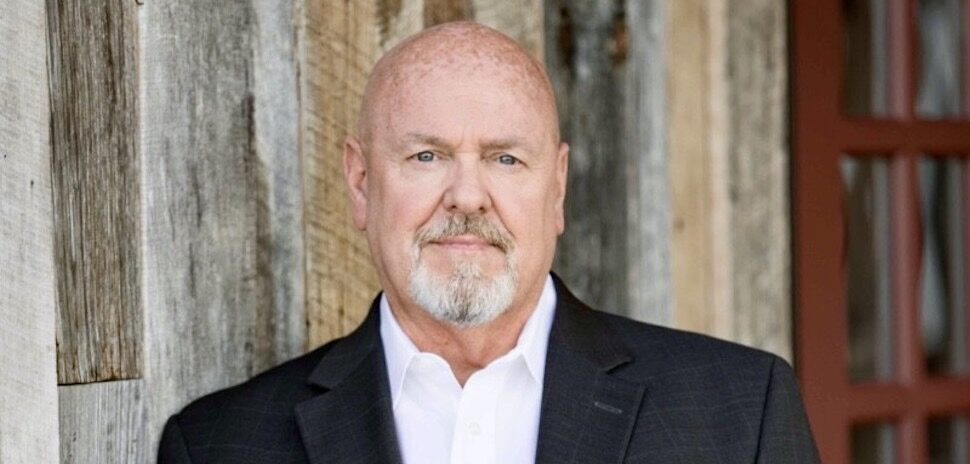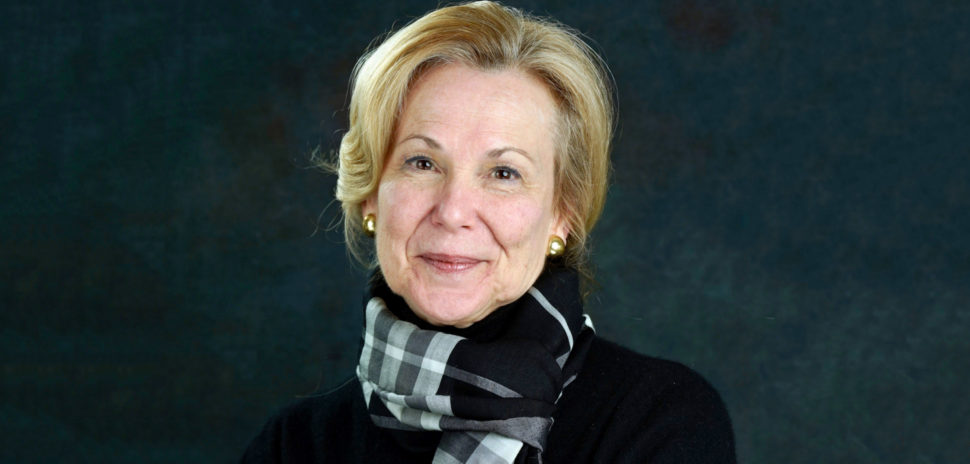The COVID-19 pandemic has been a challenge to all businesses. Recently, GameStop CEO George E. Sherman discussed with Dallas Innovates how the pandemic pushed the company to switch from primarily brick-and-mortar to online, to adopt best practices in its operations, and how those moves helped save the firm’s bottom line early on.
Dallas Innovates: What have been the challenges of maintaining sales at both your brick and mortar and virtual stores? What technical challenges did you have to overcome when toggling over to virtual retail, and vice versa?
George Sherman: Like other companies, as GameStop navigated the uncertainty of COVID-19, our top priority was to ensure the safety and well-being of our employees, customers, and business partners. Despite the disruption of customer traffic to our brick and mortar stores, our strategic investments in our omni-channel capabilities (such as our e-commerce, Buy-Online-Pickup-At-Store and mobile app platforms) have allowed us to continue to deliver on the increased demand for gaming, entertainment, and remote work products.
Almost overnight, we quickly leaned in on our upgraded omni-channel capabilities to fulfill customer orders through curbside pick-up where available and allowed. While store closures did have an adverse impact on our sales, our e-commerce sales grew 519% in the first quarter of 2020, and more than 1,000% during the six weeks that our stores were closed. Additionally, our Buy Online Pick Up at Store capabilities enabled many of our stores to offer contactless curbside pickup.
Throughout this challenging environment, our commitment to customer service remained at its highest standard. We have begun safely reopening our stores around the world as conditions and government regulations permit. We have and are continuing to take the appropriate steps to manage through the current environment, positioning GameStop to emerge even stronger on the other side.
DI: What new strategies is GameStop employing to return its office staff to work?
GS: As we prepare to welcome our associates back to our corporate headquarters, the health and safety of our employees is our top priority. Our approach to reopening will be taken slowly and methodically to ensure that every facet of our operations, policies, and safety precautions make it easier for associates to confidently return to the office.
We are taking several safety measures to ensure we create a safe work environment, including:
- Returning corporate employees in phases;
- Conducting daily temperature checks and also providing associates face masks to be worn in all common areas;
- Placing occupancy restrictions in conference rooms and shared spaces;
- Displaying signage to communicate new policies; and
- Increasing cleaning measures.
DI: How did GameStop formulate its methodology for safely reopening its brick and mortar shops, given the varying regulations across states and countries? What challenges does it face in executing that process, and what quality control processes are in place to keep the safety precautions in place?
GS: Now that local mandates allow GameStop stores to open, we have established our own demanding criteria for reopening in the safest manner possible. The health and well-being of our employees and our customers are our greatest focus. Until a store meets our safety criteria, it will not reopen.
We initially navigated the criteria state by state, but have now evolved to what we call the GameStop common denominator. With those safety measures, we now—in most cases—exceed state standards across our stores. These safety measures include:
- Conducting daily pre-work health self-assessments;
- Providing PPE to associates and increasing cleaning measures;
- Accepting returns and exchanges on a limited basis only for credit or credit card returns;
- Operating on reduced store hours;
- Installing plexiglass shields at our cash registers;
- Continuing Delivery@Door pick-up at select stores;
- Displaying in-store visual cues to support social distancing;
- Providing personal protective equipment for store associates, increasing the cleaning frequency, providing hand sanitizing stations;
- Accepting trades of current-gen games, hardware/consoles, controllers, headsets, and phones; all items will be disinfected for customer and store associate safety.
These safety measures are grounded in transparency and in accordance with the guidance of state and local public health authorities. More than that, they are the right thing to do, to better serve our customers and our employees.
A version of this article appeared here on the Dallas Regional Chamber’s website. Dallas Innovates is a collaboration between the DRC and D Magazine Partners. This Q&A is part of an ongoing series of Dallas Regional Chamber interviews with representatives from our member organizations about how they are facing the COVID-19 pandemic.
![]()
Get on the list.
Dallas Innovates, every day.
Sign up to keep your eye on what’s new and next in Dallas-Fort Worth, every day.


































































